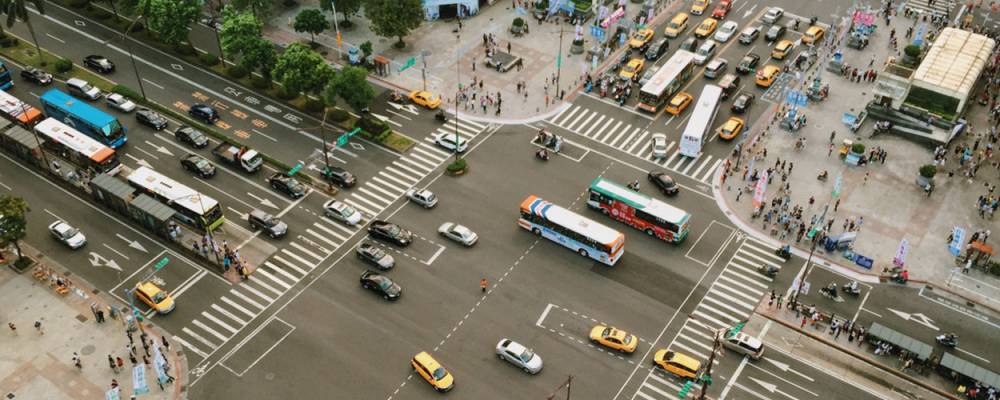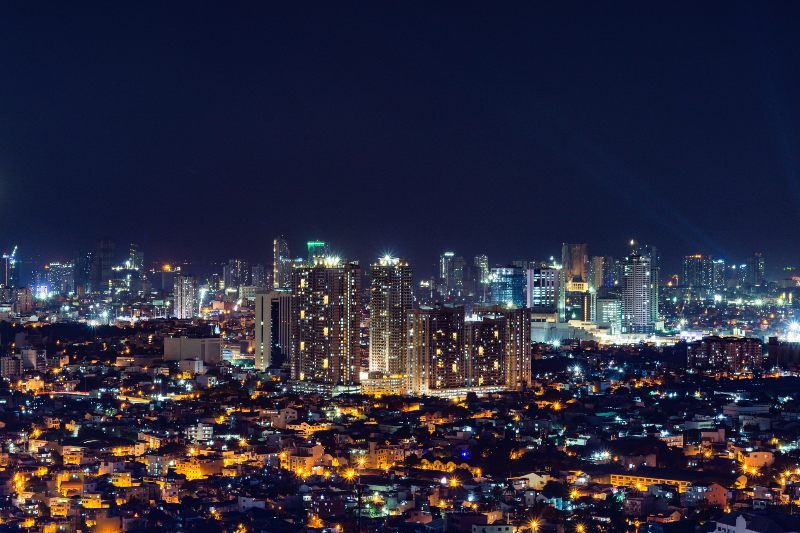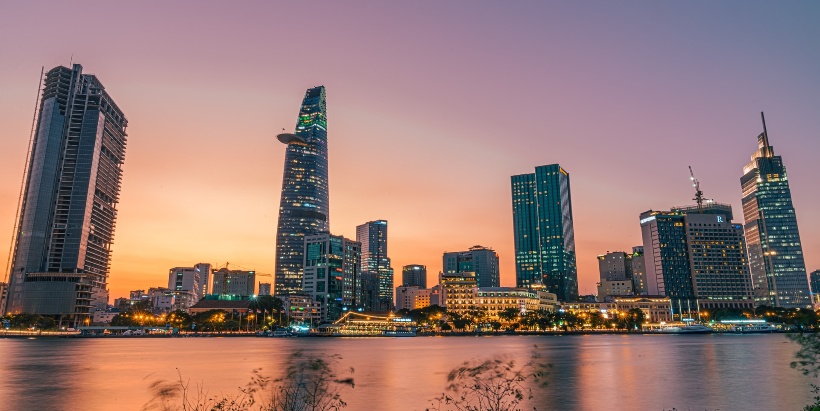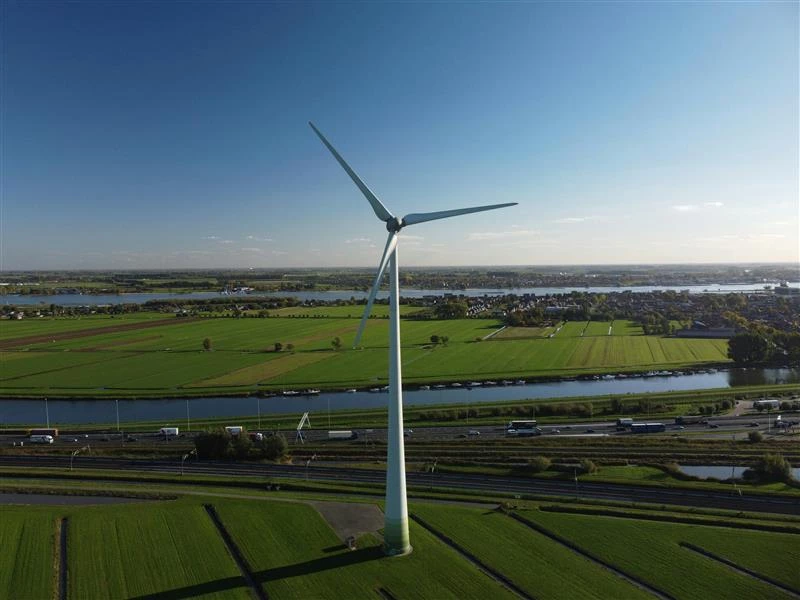The standard of living is increasing in Vietnam, particularly in urban areas, leading to wider access to personal transportation and worsening traffic in both Ho Chi Minh City and Hanoi. Traffic is becoming a big issue as public transportation options are limited and both the public and private sectors are only now trying to address the problem. Although building a sustainable city in the face of a rapid urbanization is challenging, progress are underway in Vietnam. The country has begun to implement initiatives to improve public transportation, green spaces, green buildings and smart cities, in order to facilitate a more efficient city management and consequently improving the overall quality of life.
Road transport and particulate matter emissions in Vietnam are increasing at an annual average rate of 12.5% and 8.6% respectively in 2015, negatively impacted the quality of life and public health. Public transport is the first component of a sustainable city and the ideal solution to traffic congestion, but it is still underdeveloped in Vietnam. Currently only about 10% of total urban land and 8.6% in Ho Chi Minh City is transport related. Ho Chi Minh City has started implementing a commuter ferry system and Hanoi has a Bus Rapid Transit (BRS) system. The construction of the metro is progressing in both cities but it is currently facing delays due to financial issues.
Green spaces are vital for the development of sustainable cities. Both Hanoi and Ho Chi Minh City have taken initiatives to expand green spaces. Hanoi has planned to have 60 parks by 2050, including new and renovated ones, while Ho Chi Minh City has focused on developing green spaces within residential projects and new urban developments. However, both cities are lagging behind many other Asian cities and it will take a long time to reach a sustainable green spaces environment.
Another key component in the development of sustainable cities are green buildings. As of 2017, there were 60 internationally certified green building projects in Vietnam, all in the area of Ho Chi Minh City and Hanoi. The Vietnamese government has begun to promote green growth initiatives, aimed at protecting the environment and achieving the goals of energy efficiency set by the Ministry of Natural Resources and Environment. Moreover, large scale solar generating systems for commercial projects and the concept of smart homes are becoming more popular in the country.
The last frontier of sustainable cities, namely smart cities are those that leverages technology to manage and enhance the quality of life, use energy resources efficiently and improve energy services. In Vietnam, there are currently 33 cities and provinces that have begun implementing smart cities initiatives. The Vietnam Sustainable Smart City Development project 2018-2025 has been approved, with Ho Chi Minh, Hanoi, Da Nang and Can Tho to develop as the first core smart cities. The program will focus on issues such as transportation, healthcare, meeting energy demands, education, public services data and ICT. Moreover, large IT companies such as Microsoft, IBM and Viettel are making partnership with governments to integrate smart cities technologies.







